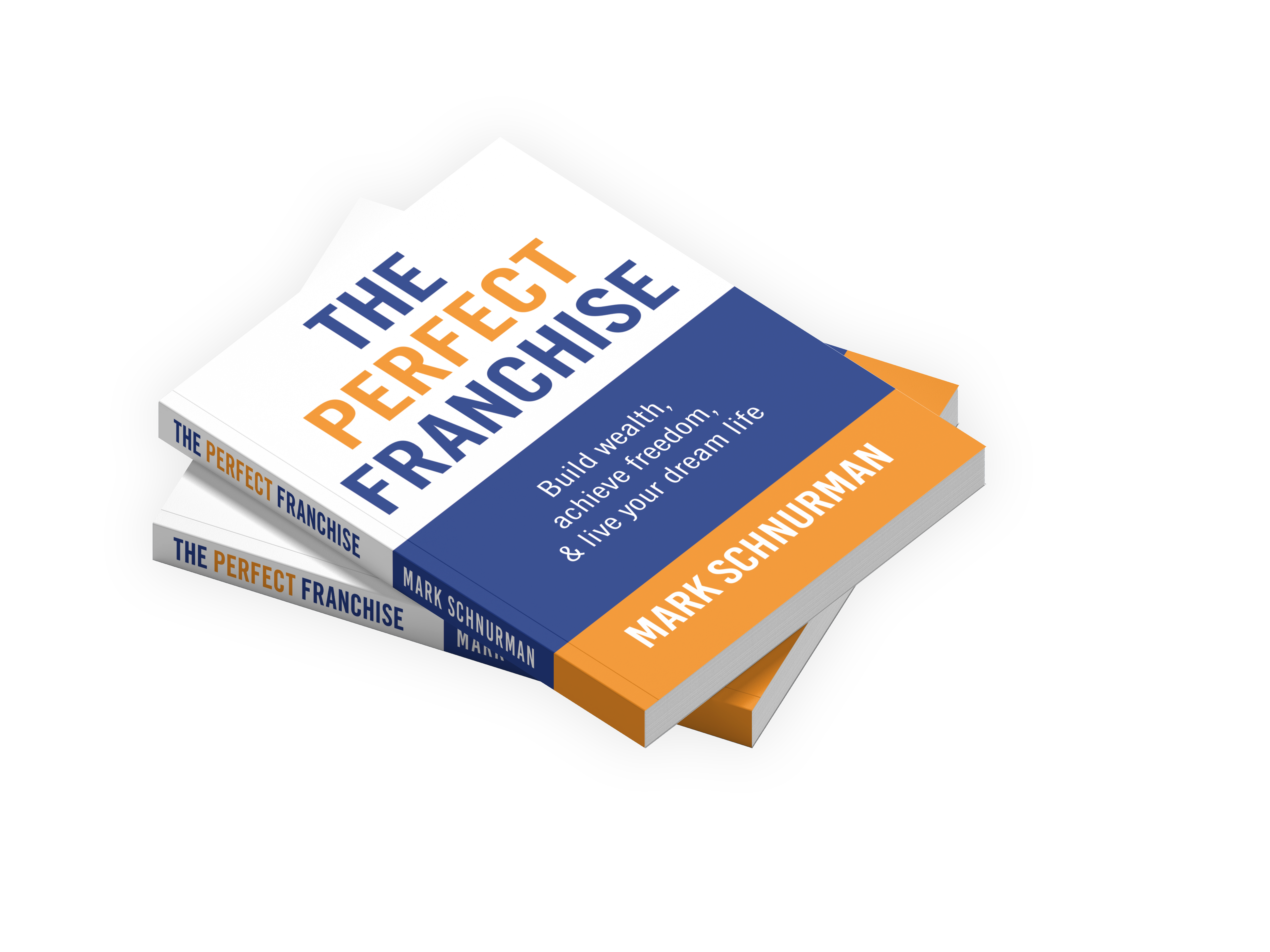THE ARC OF A CAREER
My path to business ownership is broadly similar to that of many of my clients, although each story is unique.
Most of my clients are doing well professionally and financially when they begin their franchise journey. They are earning great incomes, boast impressive titles, and manage large staffs. However, a key piece is missing or causing frustration in their careers. Some are tired of bosses, others want freedom and work-life balance, or to leave a legacy for their children and grandchildren. Many want out of the nine-to-five grind. Others want an alternative investment vehicle.
All want something different.
The bottom line is that so many of us share similar paths. When you reflect on it, that makes sense. The career arc is exceedingly predictable. Early in our careers it begins with a motivation to learn and express our knowledge, competence, talents, skills, and abilities. We work long hours, play the political game, and take on challenges to achieve. As we climb the corporate ladder, each rung is symbolic proof of our growing talents. We stay fixated on increasing our income and wealth.
The “career ladder” connotes a linear progression, one that is often hard to exit. Over time you can feel like you are in Sisyphean hell. It is both natural and common to question if the career path you chose at 22 is right for you today.
With time, achievement, and a higher net worth, our mindset and priorities evolve, and we seek greater mean- ing and happiness in our lives. As we strive to self-actualize, changes in our values, motivations, and drives transform us and often lead to dissatisfaction with our careers. Disillusionment and introspection cause us to reconsider how we want to spend the rest of our lives.
Most consider franchise ownership mid-career and there are predictable catalysts for the exploration. Some are internally driven and find their careers unsatisfying and unfulfilling. For others, the motivation is external—losing out on a promotion or being laid off. Regardless of the catalyst, inflection points represent a shift in perspective and motivation, and are predictably inevitable. Even so, most people are not well equipped for this shift. Personally, I was ill-prepared.
For me the inflection point came when my father passed away. I had just turned fifty and was profoundly unhappy at work. As mentioned, my bosses offered me a partnership, but I turned it down. I did not enjoy working for or with them. Their values and motives were very different from mine. My father dying, professional discontent, and recognition of the finite nature of life, were my catalysts for change. I swore never to do anything that did not make me happy.
About that time, I read Bronnie Ware’s book The Top Five Regrets of the Dying. Ware was a palliative nurse who learned first-hand the remorse individuals experience on their death-bed. The five takeaways are that the dying wished:
- They possessed the courage to live a life true to their values and not what others expect.
- They had not worked so hard.
- They had the courage to express their feelings.
- They had stayed in touch with their friends.
- They let themselves be happier.
These regrets were ones I intentionally decided would not
be mine! I jumped off the corporate ladder and embraced the broad possibilities that presented themselves. It was a time of personal understanding, exploration, and tremendous energy and power. I was free for the first time in my career to truly pursue what I wanted. And I did not want to work for anyone ever again!
Reassessing what work, and indeed life, means is invigorating but not easy. There is a lot to unpack. If you are leaving a career, you are likely mourning the past as you explore the future. It is natural to grieve what you are leaving behind. After all, that path served you well for a time.
During exploration the world is full of possibilities, as broadly as it was when you began your career. You now have many advantages absent when you launched your career.
First, you probably have more significant resources, financial and otherwise, than when you started off. This creates additional and different options. Second, the breadth and quality of your experience is much deeper. You managed people, ran projects, and accomplished challenging goals. You honed your communication, management, operations, and sales skills. You have a much more refined level of emotional intelligence and can manage the realities of work more effectively. In short, you possess a profoundly stronger skill set than earlier in your career.
Perhaps most importantly, you know yourself much better.
You know your strengths and weaknesses. You can be honest about your abilities, skills, or interests. Career transitioning from a place of experience means you are coming at it from a place of power. Concepts like independence, autonomy, flexibility, and happiness—probably not considered earlier in your career—rise to the fore.
You are a much more complete version of yourself now than when you began your career.
Let’s explore business ownership and franchising!
The Perfect Franchise
The Perfect Franchise is the one book you need to read if you are considering franchising.
Mark Schnurman is one of America’s top Franchise Consultants, and the founder of The Perfect Franchise. Mark outlines a clear process for finding the perfect franchise.
In straightforward language, he explains how to:
- Decide whether franchising is right for you;
- Determine which franchise will optimize your chances of success;
- Conduct due diligence;
- Fund your franchise investment;
- Live the life you dream about.
If you want to be your own boss, this is the book for you!

